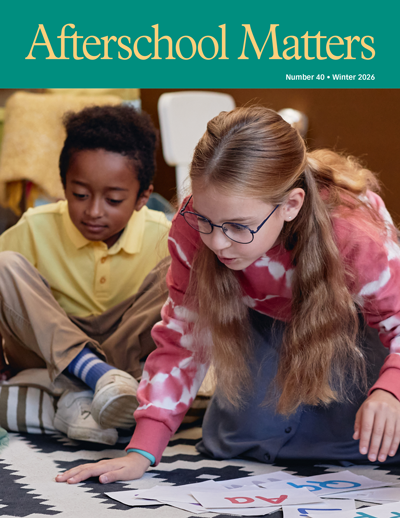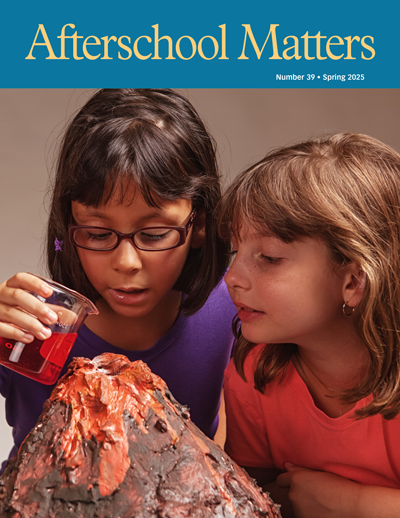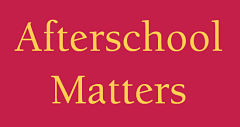Key Features of a Successful Girls’ Afterschool STEM Program
Participant Insights 30 Years Later
By Lili Zhou
Out-of-school learning contexts provide rich opportunities for authentic and experiential learning, connecting learners with real-world experiences and allowing them to explore socialization into their collective identities, such as gender, race, and the intersection of the two (e.g., Cooper, 2011). However, one challenge lies in the variability of informal educators’ expertise and vision. The qualifications and experience of informal educators can vary widely, and limited research exists on their professional competencies, the pedagogical approaches they use, or the long-term vision they bring to programs (Allen & Crowley, 2014; Jeffs & Smith, 2021).
Tags: Workforce Development, Engagement, Professional Development, STEM, Youth Development, Gender, Best Practices, Culture, Special Population, Interventions, Outcomes, Assessment, Leadership, Theory, Social Emotional, Equity and Inclusion , Academic, Quality



